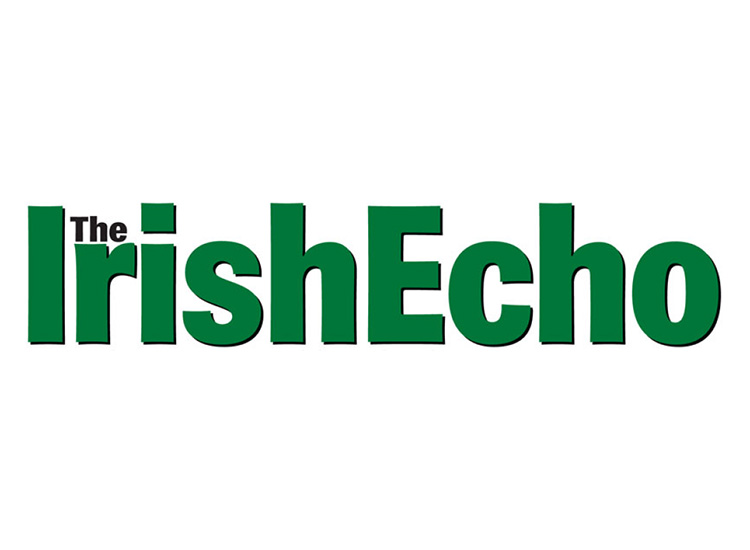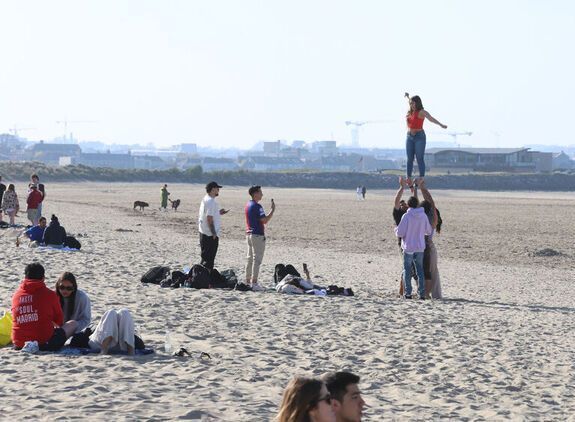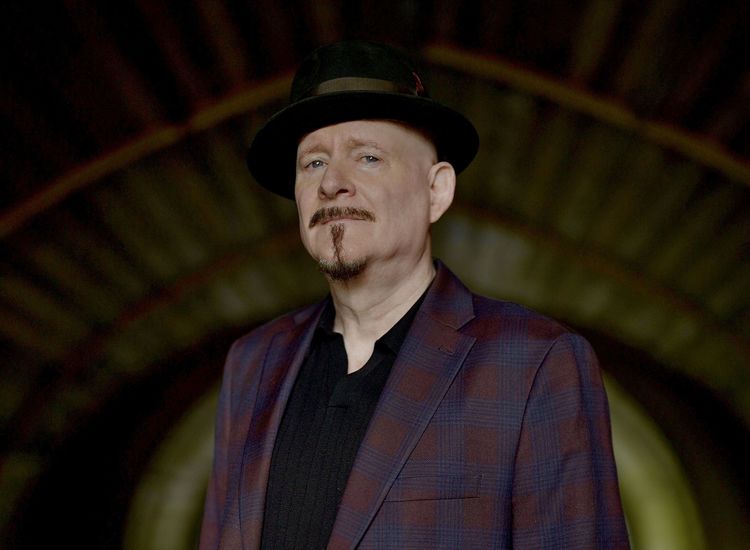
The toughest budget in the history of the Irish state was unveiled Tuesday by Finance Minister Brian Lenihan, and, as expected, it was replete with tough medicine and very little love.
The budget is dominated by a €6 billion package of "adjustments" agreed between the government, the European Union and the International Monetary Fund and will serve as the first part of the Republic's four-year national recovery plan.
Lenihan's fiscal plan aims to lower the national deficit from last year's estimated 32 per cent of gross domestic product. It will cut spending by €4.5 billion and raise taxes by €1.5 billion.
The budget received surprise and last minute and vital backing from Independent TD Michael Lowry, who said he had come to his decision after extensive consultation with the government over the past week.
"Failure to pass a budget would lead to further economic failure," said Lowry.
The government is aiming to get the deficit back to three percent of GDP by 2014 with this budget, which applies to 2011, expected to contain the harshest cuts.
Lenihan said this year's budget would draw many low-paid workers into the income-tax net for the first time, cut the minimum wage and trim welfare benefits. Middle-class households face cuts in net annual incomes of between €1,500 and €5,000.
Few are spared the pain, though Lenihan did draw back from imposing harsh cuts in pensions and other benefits enjoyed by Irish seniors.
Nevertheless, opposition parties, unions and many advocacy groups rounded on the Fianna Fáil-led coalition government with criticism that spared no blushes.
Fine Gael finance spokesman, Michael Noonan, accused the government of implementing policies that had "wrecked" the Irish economy.
"They have destroyed the confidence of the people, they have put 450,000 people out of work, they have forced over 100,000 of our adult children to emigrate, they have increased poverty and they have undermined any concept of social justice in our society," Noonan said in the Dáil.
Noonan said he felt ashamed to read the letters from the government to the International Monetary Fund and European Central Bank dealing with the bailout, a condition for which is the budget.
"If it wasn't so serious it would be kind of funny, because when you read the letters they sound like confessions beaten out of you. It's like as if they water boarded you in Merrion Street and made you sign the letters," Noonan said, directing his words at the government benches.
Noonan said that the Ireland of former taoiseach Bertie Ahern was "dead and gone."
Weighing in, the Labor Party's finance spokeswoman, Joan Burton, labeled the budget the last sting of a dying wasp.
The people who would feel the biggest sting would be those with children and the only winners in the budget were the banks, she said.
Sinn Féin dubbed the budget economic treason. Finance spokesman Pearse Doherty, only recently elected to the Dáil, said it was a full frontal attack on the lowest income earners and the unemployed. He said the budget amounted to a recipe for economic suicide.
Outside Leinster House, the trade union UNITE, in a statement, described the budget as a "savage attack on those who they think will not fight back" and "as undemocratic a piece of legislation brought forward in the history of the state."









